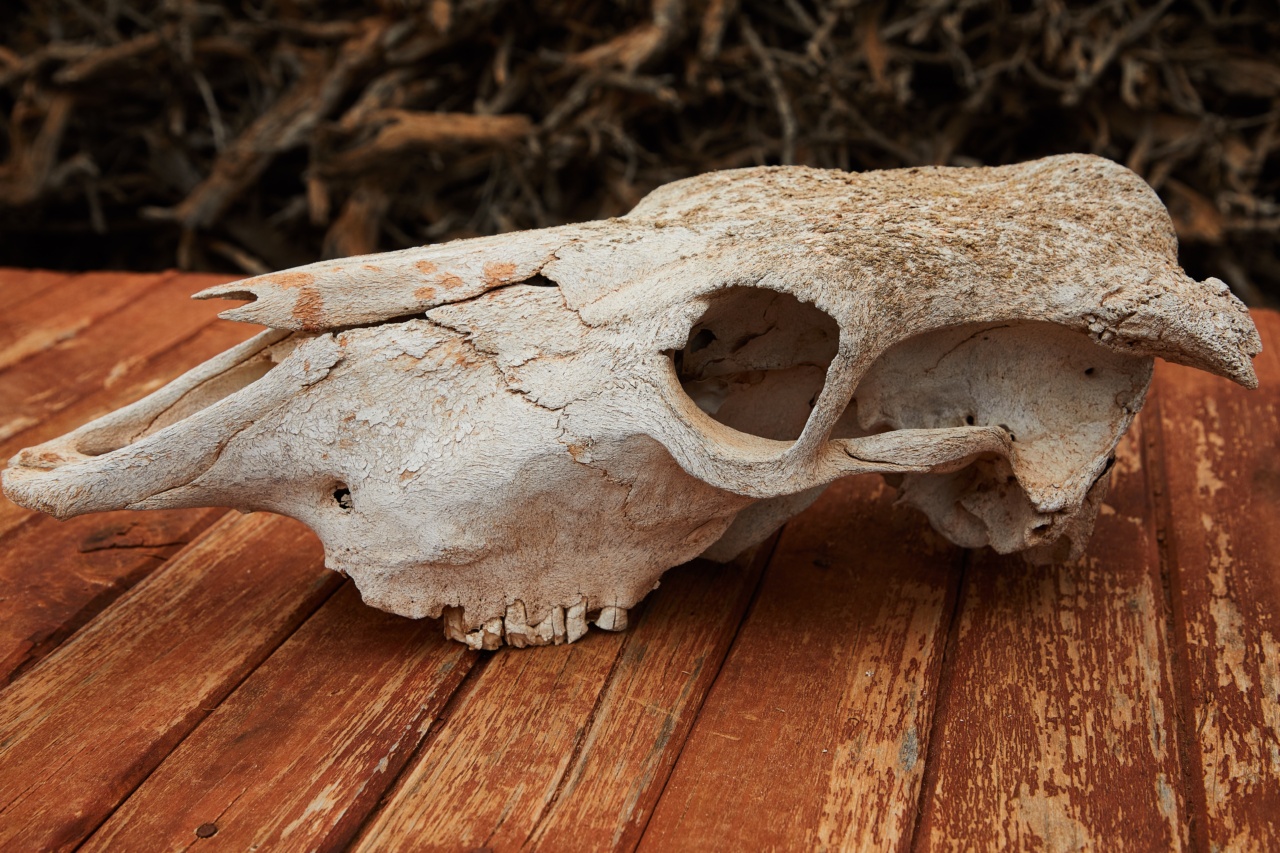Whether it’s due to intense physical activity or simply growing older, most people will experience cracks in their bones at some point in their lives.
These cracks can be small and barely noticeable, or they can be more severe and cause pain and discomfort. Fortunately, there are several ways to protect your bones and prevent cracks from occurring. In this article, we’ll discuss five “protective bones” that can help keep your bones healthy and strong.
1. Calcium
Calcium is one of the most important nutrients for bone health. It is the main mineral found in bones and teeth, and it is essential for maintaining bone density and strength.
If you don’t get enough calcium in your diet, your body will start to take calcium from your bones, which can lead to weakened bones and fractures.
The recommended daily intake of calcium varies depending on your age and gender, but most adults need between 1,000 and 1,200 milligrams per day.
Good sources of calcium include dairy products like milk, cheese, and yogurt, as well as leafy green vegetables like kale and spinach, and fortified foods like orange juice and tofu.
2. Vitamin D
Vitamin D is another important nutrient for bone health. It helps your body absorb calcium and promotes bone growth and remodeling. Without enough vitamin D, your bones can become thin, brittle, or misshapen.
Sunlight is the best source of vitamin D, but many people don’t get enough exposure to sunlight. You can also get vitamin D from certain foods like fatty fish, egg yolks, and fortified milk and cereal.
If you have low levels of vitamin D, your doctor may recommend a supplement.
3. Vitamin K
Vitamin K is a lesser-known nutrient, but it plays an important role in bone health. It helps your body absorb calcium and promotes bone mineralization. Studies have shown that people who get enough vitamin K are less likely to experience fractures.
Good sources of vitamin K include leafy green vegetables like kale, spinach, and broccoli, as well as soybeans, meat, and eggs.
4. Magnesium
Magnesium is another mineral that is important for bone health. It helps your body absorb calcium and is involved in the formation of new bone tissue. Low levels of magnesium have been linked to osteoporosis and other bone disorders.
Good sources of magnesium include nuts, seeds, legumes, and whole grains.
5. Exercise
In addition to nutrition, exercise is also important for maintaining bone health. Weight-bearing exercises like walking, running, and weightlifting can help build and maintain bone density.
It’s important to start slowly and gradually increase the intensity and duration of your workouts. Make sure to choose exercises that are appropriate for your fitness level and any medical conditions you may have.
Conclusion
Cracks in bones can be a painful and frustrating problem. Fortunately, there are several ways to protect your bones and prevent fractures.
By getting enough calcium, vitamin D, vitamin K, and magnesium, as well as engaging in regular exercise, you can keep your bones healthy and strong.






























